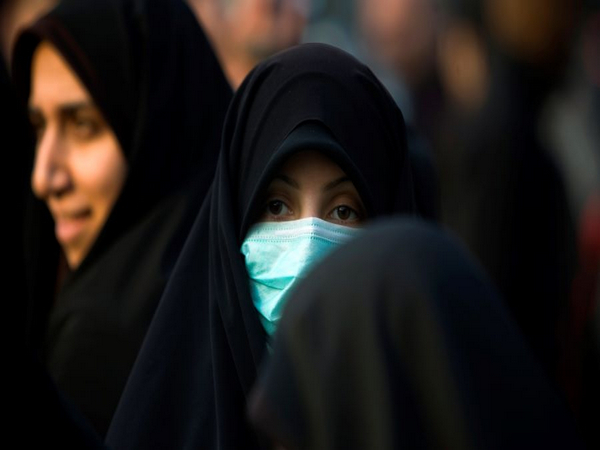
French school abaya ban sparks secularism row
Aug 29, 2023
Paris [France], August 29: The French government's decision to ban schoolgirls wearing abayas - long, flowing dresses of Middle Eastern origin - has opened a fresh debate about the country's secular laws and the treatment of Muslim minorities. Education Minister Gabriel Attal said Sunday that the dresses, worn by some Muslim girls, would no longer be allowed in schools as students prepared to return to their classrooms after the summer holidays. "Our schools are being tested.
These last few months, violations of our secular rules have considerably increased, particularly with regard to the wearing of religious clothing such as abayas or qamis (long male tunics)," he told reporters on Monday. In 2004, France banned school children from wearing "signs or outfits by which students ostensibly show a religious affiliation" on the basis of the country's secular laws which are meant to guarantee neutrality in state institutions. It outlawed the wearing of headscarves, turbans, large crosses or kippas.
But school authorities have been struggling to regulate the wearing of abayas which were seen as being in a grey area between fashion and religious garb. Attal, an ambitious 34-year-old less than two months into his job as education minister, has decided to implement a blanket ban in a move some see as a ploy to appease conservatives and raise his public profile. Government spokesman Olivier Veran backed the move on Monday, saying abayas were "obviously" a religious garment and "a political attack" which he likened to an act of "proselytizing" - trying to convert people to Islam. "School is secular.
We say it in a very calm but firm way: It is not the place for that (wearing religious clothing)," he told the BFM TV channel. While supporters want to preserve schools as a neutral zone free from religious pressure, critics argue that the issue stigmatizes Muslims and is a marginal one that has been exaggerated by right-wing and far-right politicians. Statistics from the education ministry for May, the last month for which they are available, show that from nearly 60,000 public schools there were 438 complaints about possible infringements of secular rules, around half of which related to the wearing of religious clothing.
"Sad to see the return to classes politically polarized by a new absurd religious war that is entirely artificial about female clothing," hard-left political leader Jean-Luc Melenchon wrote on X (formerly Twitter). "When will there be civil peace and true secularism that brings people together rather than exasperating them?" he added. Abdallah Zekri, vice-president of the French Council on the Muslim Religion (CFCM), said that it was wrong to see abayas as religious. "The abaya is not a religious garment, it's a form of fashion," he told the BFM channel on Sunday.
Other fashions, most recently the wearing of revealing crop tops by teenage girls, have also sparked debate in a country where only some private schools impose a uniform on students. Attal's ministry has not yet published written guidance on the abaya ban. It is likely to face a legal appeal and could lead to difficulties for school authorities who will have to decide when a large flowing dress moves from being a personal fashion choice to a religious statement, observers say. Some women choose to wear abayas, or headscarves, to signal their cultural identity, rather than out of religious belief.
In the Arab world or in the Middle East, the abaya "is not fundamentally or initially a religious garment", said HaouesSeniguer, a specialist on Islam at the Institute of Political Studies in Lyon. "The best way of knowing if it is religious or not is to find out what sense the person wearing it gives to it," he said. Many conservative politicians in France have pushed in recent years for the ban on the wearing of religious symbols to be widened to universities and even parents accompanying children on school outings.
Far-right leader Marine Le Pen campaigned in last year's presidential election to ban veils in the street. The country's constitution guarantees citizens the right to practice religion freely, but it imposes an obligation on the state and state employees to respect neutrality while carrying out their duties. - AFP
Source: Kuwait Times






